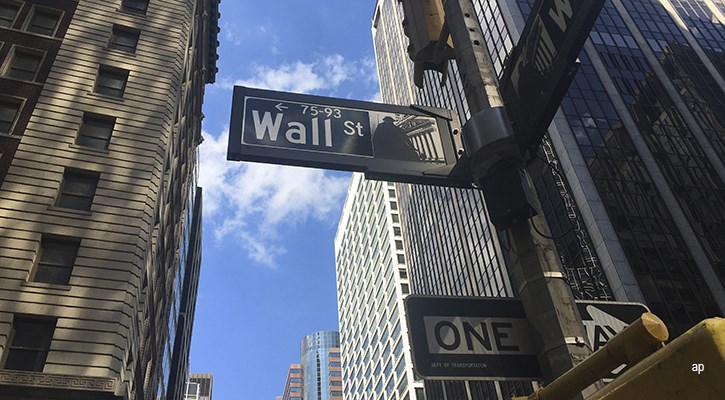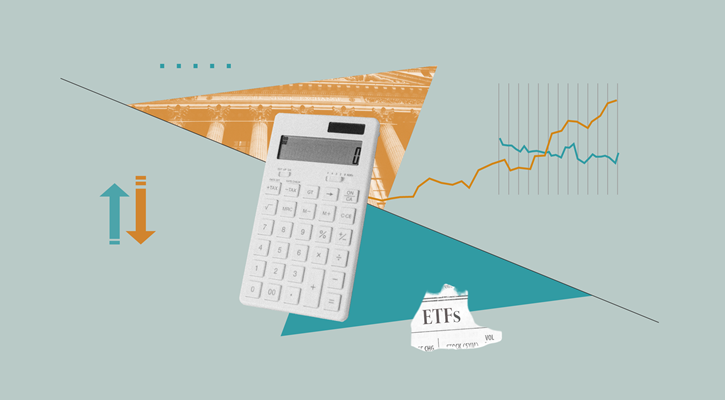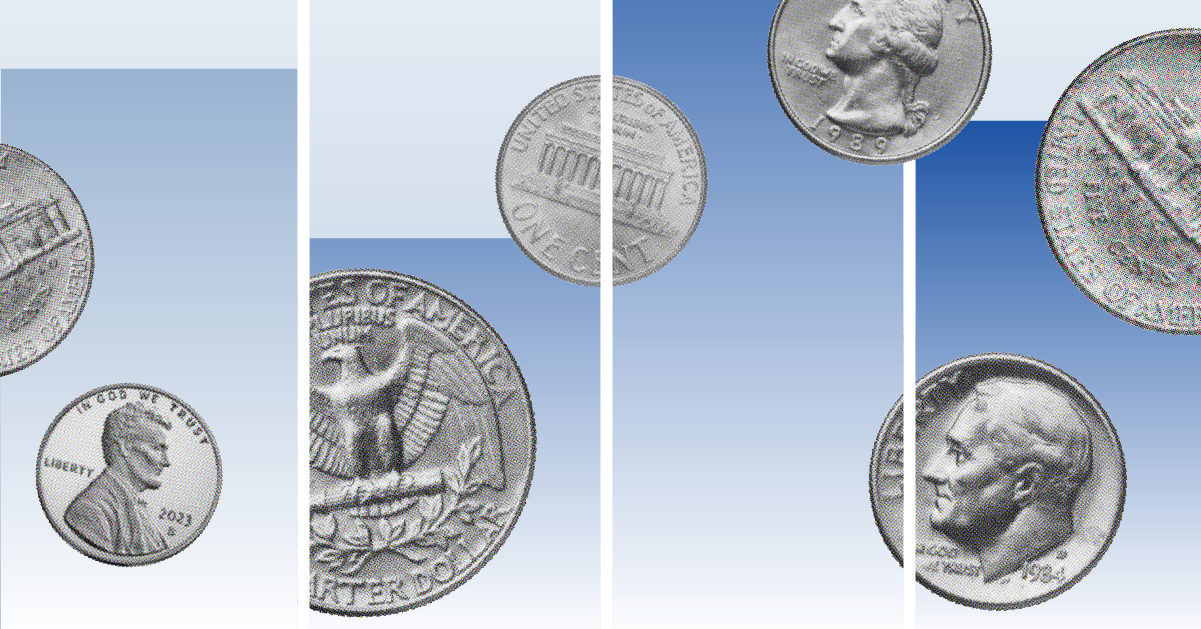Holly Black: Welcome to Morningstar. I'm Holly Black. With me is Jose Garcia Zarate. He is Associate Director of Passive Strategies at Morningstar. Hello.
Jose Garcia Zarate: Hi, Holly.
Black: So, Jose, 2020 was a huge year for ETFs, for passive funds. What happened?
Zarate: Well, we actually reached €1 trillion in assets under management and that's a major milestone for an industry that's roughly basically two decades old in Europe. So, strong growth and two years in a row of inflows over the 100 billion mark. So, obviously, investors are really buying into the passive investing way of things.
Black: These are incredible sums of money to think about a trillion, more zeros than I can shake a stick at. Why are investors getting so interested in passive funds?
Zarate: I think it's basically the combination of the low costs, and as we know, there's been a bit of a fee war in passive land and particularly, with ETFs and ongoing charges are going down for both equity and fixed income, but also for ESG funds which were very, very popular last year. And also, the ease of access, you know, how easy it is for investors to pick different market exposures. It's like a supermarket really. I mean, you just basically go in and say, well, I fancy a bit of America, or I fancy a bit of China or whatever, and you'll find it in ETF formats. So, it's kind of like – you know, we talk a lot about how democratic the ETF wrapper is, but it truly is, really.
Black: And the areas you can get exposure to are getting broader. So, one of the most popular areas in the last year or two, ESG, sustainable investment ETFs. What is happening in that space?
Zarate: A lot, a lot. One of the key things, the key positive things about the ETF industry is how they've got a very nimble product development cycle and they're very quick at spotting trends. And ESG has been one of the key – the most growing areas of interest for investors in the last couple of years and ETF providers have responded with a plethora of products, both on the equity side and on the fixed income side. And what is very, very astonishing is that almost half of the flows in the last quarter of 2020 went into ESG products. And that just basically perhaps tells you that there is a structural shift in the way that investors are thinking about allocating within the portfolios, and they are prioritizing sustainable investments. So, I think 2020 was a fantastic year for ESG and I think it's going to continue into 2021 and beyond, really.
Black: And I think another shift is people have typically thought of ETFs as for equities or tracking stock markets, but actually it was fixed income that was a real area of interest in 2020, wasn't it?
Zarate: It was. For many years bond ETFs, there were a lot of doubts about the validity of the ETF wrapper for accessing bond markets, and particularly whether they would be able to work properly when there was – situations where there was a lot of liquidity stress in the bond market itself. And in that respect, bond markets proved themselves to be very valid instruments because we had a massive liquidity crunch in March 2020 and the only area that continued to work more or less normally was the bond ETFs. They continued to provide liquidity, access, and most importantly, price signals at the time when basically the market was not working correctly in any shape or form. So, I think a lot of people have been converted to the course of bond ETFs and that's going to basically support the growth in the years to come.
Black: Jose, thank you so much for your time. For Morningstar, I'm Holly Black.





















